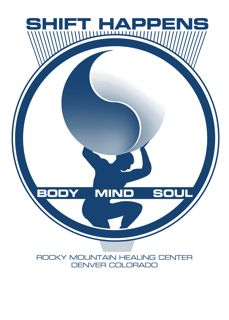In today’s climate of uncertainty, it is normal to feel unstable about our jobs, kids, the education system, credit scores, global warming, the economic recession,... the list continues. I believe that as our lives get busier, our tendency to “worry” increases. Excessive worry can lead to an inability to function in daily life. Similar to terms like depression and bipolar, anxiety has become a part of our daily language to communicate a feeling state.
But how do we discriminate between anxiety, which can be debilitating, and fear, which is something we share with animals? DSM-IV-TR, today’s bible of psychiatry, lists the diagnostic features of General Anxiety Disorder (GAD) as the following:
“Excessive anxiety and worry (apprehensive expectation), occurring more days than not for a period of at least 6 months, about a number of events or activities. The anxiety and worry are accompanied by at least three additional symptoms from a list that includes restlessness, being easily fatigued, difficulty concentrating, irritability, muscle tension and disturbed sleep”.


